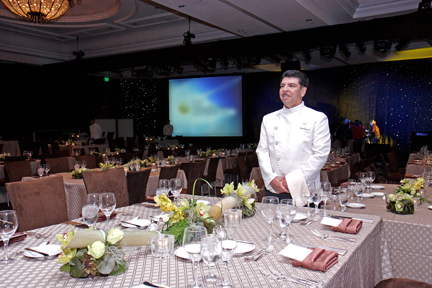I recently read a thought-provoking article about how children with food allergies are excluded and bullied in school, as much by teachers as by other students. The article was written by a mother of two children with life-threatening food allergies, and it reveals a number of ways in which others’ dismissal of their needs diminishes their self-worth. If a teacher brings in cupcakes for the class, not only is the child excluded, forced to watch while everyone else eats, but also, the child has to reject the offer of food, a stigmatizing act in itself. “Sometimes,” article contributor, Dr. Alvarez…











